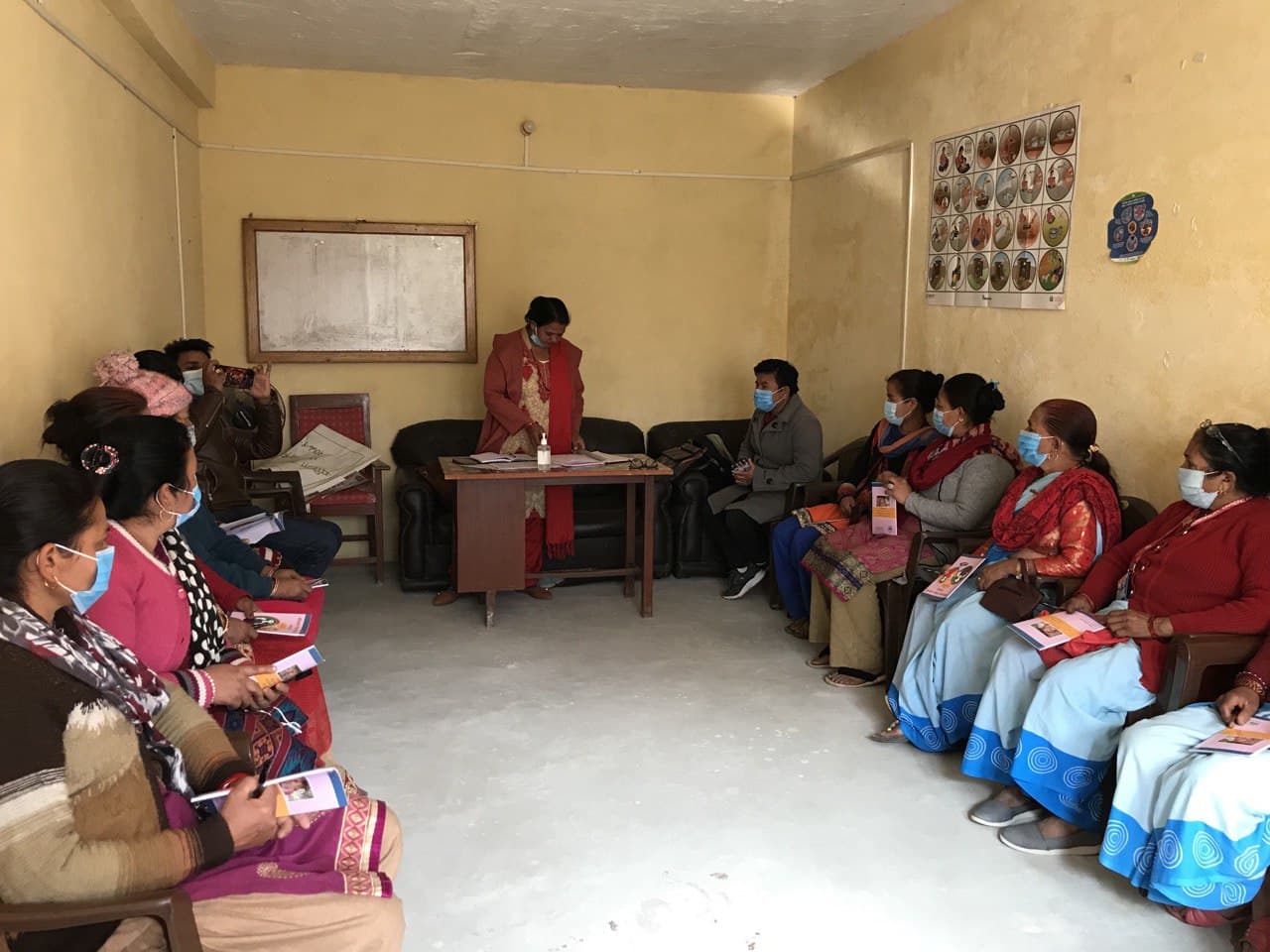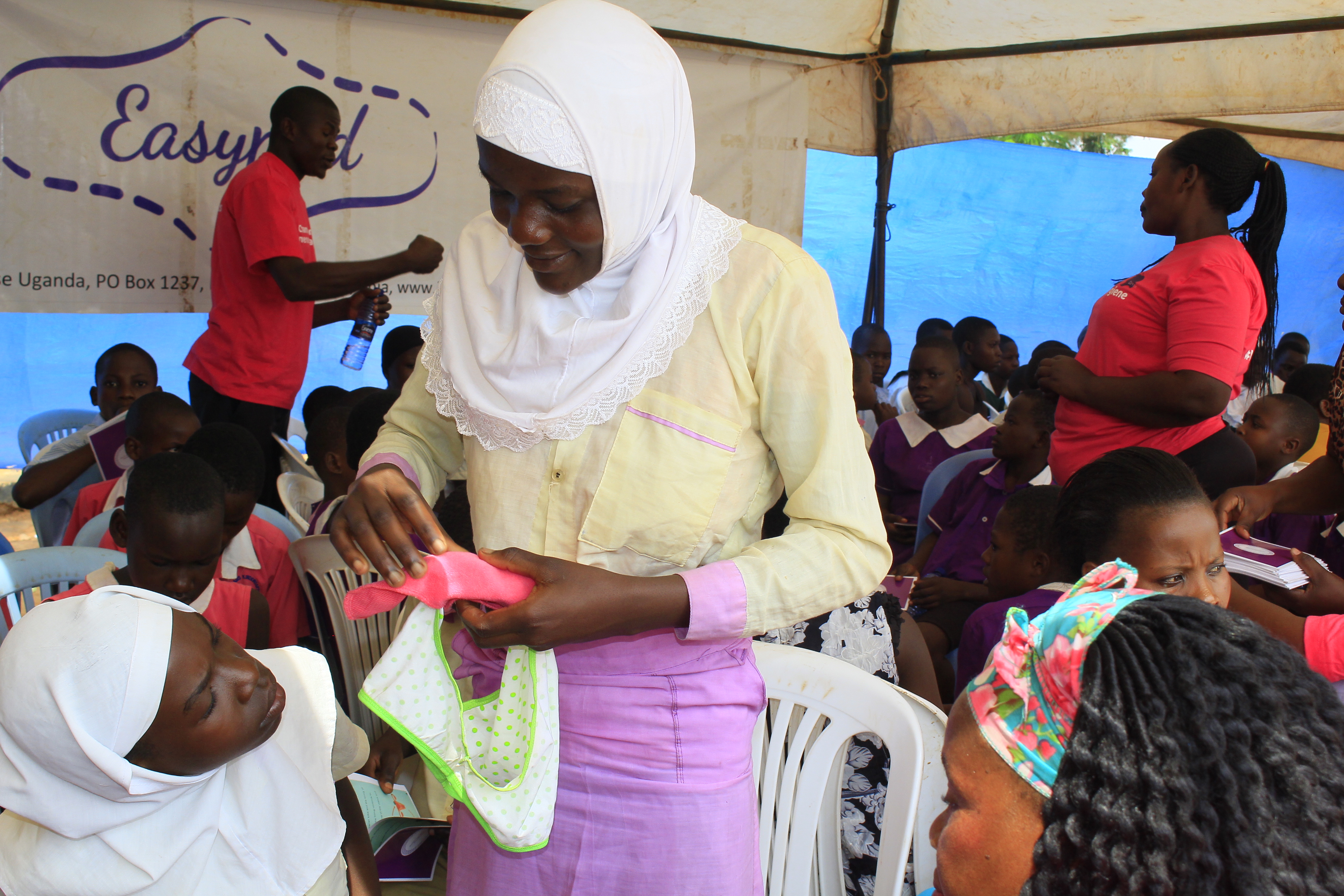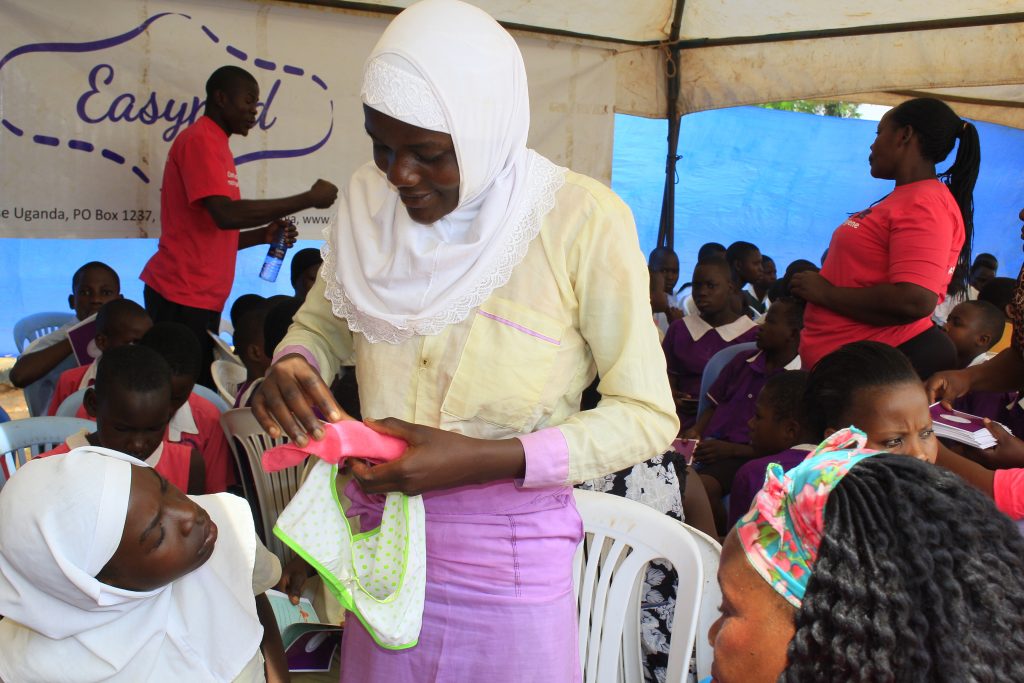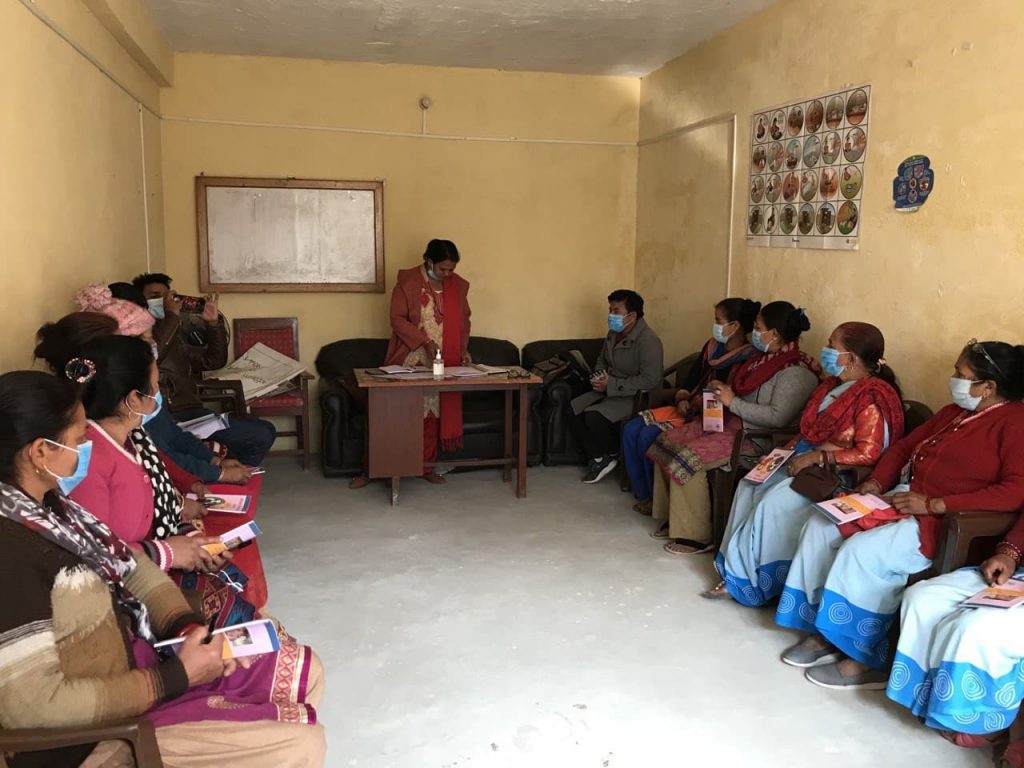News
MannionDaniels’ work on menstrual health


At MannionDaniels, we fully recognise that menstrual health is a cross-cutting issue necessary for social development. It is an integral component of Sexual and Reproductive Health and Rights (SRHR), education, health and environment outcomes.
Our work in menstrual health focuses on inclusivity and on destigmatising periods, so we can normalise and mainstream menstrual health across all sectors. We believe that everyone who menstruates should be able to do so with dignity, and should have a range of product choice to enable this.
MannionDaniels has built up a specialisation in menstrual health over the last three years. We have partnered with the Menstrual Cup Coalition because of the clear environmental benefits that menstrual cups have. We also manage a portfolio of over 80 menstrual health grants under AmplifyChange and UK Aid Direct funds. We provide the Menstrual Cup Coalition with digital and technical support. We organised the Coalition’s annual Summit in 2020, bringing together advocates, researchers and the private sector. Together we promote menstrual health projects especially in vulnerable places which ensure choice and education around products, and in particular highlight environmental aspects of menstrual health.
Menstrual cups offer one solution to reduce waste and are safe, affordable, and sustainable. We do not prescribe set products but want to ensure informed choice for users including the understanding that - as stated by the Lancet and NHS - menstrual cups can reduce waste, use little water to clean, and are safe, affordable, and sustainable. We need to work with local partners to ensure they are accessible as a menstrual choice.
In our role as a Fund Manager for AmplifyChange, UK Aid Direct and UK Aid Match, MannionDaniels manages a broad portfolio of grant-making platforms that support civil society to tackle a range of issues including menstrual health.
Selected strategies from across the portfolio include:
- Engaging the media to increase coverage of menstrual health
- Working with schools and governments to establish menstrual health as part of the curriculum
- Advocacy at local, regional, and national levels to improve legislation, access and budgeting for menstrual health education and services including in challenging environments such as refugee camps, prisons and quarantine centres
- Working with marginalised communities, such as LGBTI and persons with disabilities, to ensure menstrual needs for all are considered in any interventions
- Running events which encourage conversations around menstrual health, including with traditional and religious leaders.
Let us tell you about some of the projects we support:
UK Aid Direct Grantee: Irise International, Uganda
This project establishes sustainable access to menstrual products, gender-sensitive school facilities and puberty education. Irise works to dismantle the menstrual taboo by engaging the community in creating a “menstruation friendly” school.
Irise works via the District Education Office to train teachers and engage parents in achieving change. This empowers individuals to engage more effectively at school through increasing their confidence, concentration, attendance and ultimately their performance.
As a result of the grant, Irise has so far recorded:
- Significant improvements in girls’ menstrual knowledge and attitudes leading to improvements in school attendance and engagement (49% reduction in self-reported menstrual related absenteeism)
- 80% of schools provide improved menstrual support to girls
- Evidence of change in community attitudes to menstruation leading to women and girls experiencing fewer restrictions during menstruation. Increased support from men and boys was identified as a key driver of change.

Photograph: A pupil from Madarasat school, Uganda
AmplifyChange Grantee: Beyond Beijing Committee, Nepal
Beyond Beijing Committee (BBC) Nepal is a network of over 225 NGO members from all seven provinces of Nepal. BBC implements a project to provide comprehensive information and create awareness among young girls and boys about adolescent changes and menstrual health, while advocating with local, provincial, and federal government bodies, community members, principals, and teachers to advocate for menstruation-friendly toilets in public schools of Kavre.
Key strategies and successes include:
- Community health education implemented at schools have increased awareness about menstrual health, adolescent bodily changes, SRHR, and why these issues are important for a healthy life
- BBC has developed a strong network and alliance with government and non-government stakeholders and provided capacity building to partners, networks, allies, and youth. This has included training on advocacy and programme implementation and has been an asset in strengthening their position and status at the local level
- Using their research, BBC has been able to successfully advocate for the inclusion of menstrual health budgeting in government schools. During COVID-19, BBC and partners successfully advocated to include menstrual products as an essential provision in government handouts.

Photograph: A group engaging in menstrual health discussions, Nepal
COVID-19 and the corresponding school closures have starkly illustrated why menstrual health programming must include public dialogue and stigma reduction to normalise and mainstream menstrual health, in addition to the school-based delivery model.
MannionDaniels will continue to consider menstrual health in our SRHR, education, health and environmental programming.


